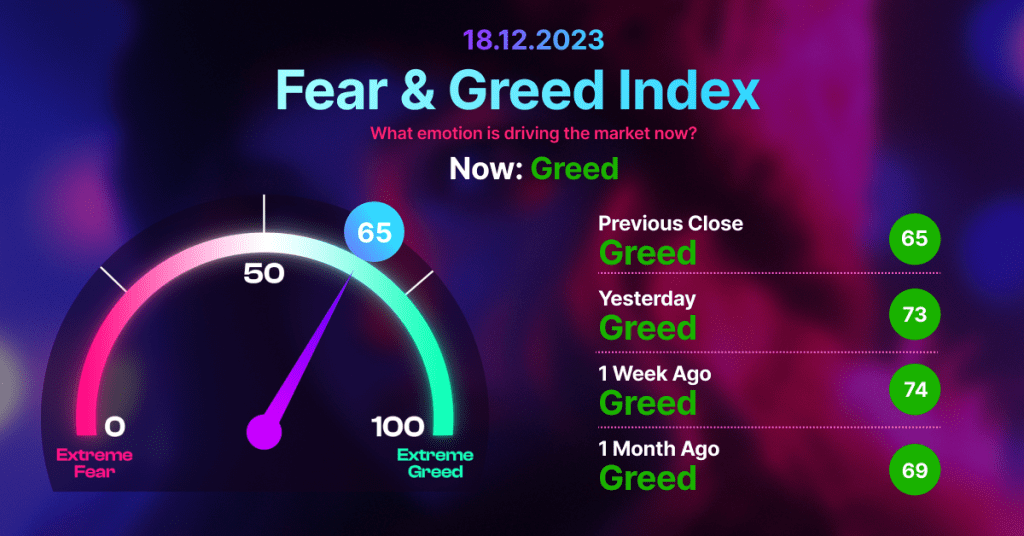FTX spends $53,000 per hour on bankruptcy fees; Solana Saga phones sell for up to $5,000 on eBay amid bonk frenzy; Tether freezes $436 million in USDT
In the three months to 31 October, cryptocurrency exchange FTX reportedly spent around $53,000 per hour on bankruptcy lawyers and advisors, according to the latest compensation filings. The bankruptcy lawyers collectively billed at least $118.1 million between 1 August and 31 October, averaging $1.3 million per day or $53,300 per hour over the 92-day period.
FTX Debt Snowball
Management consultants Alvarez and Marshall topped the list, charging $35.8 million for their services over the three months.
Sullivan and Cromwell, a global law firm, took second place, charging $31.8 million with an average hourly rate of $1,230.
AlixPartners, a global consulting firm, billed $13.3 million for forensic investigation-related professional services, and Quinn Emanuel Urquhart & Sullivan billed $10.4 million. Several other consulting firms contributed to the total billings of over $26.8 million.
Figures provided by a pseudonymous FTX creditor on 17 December suggest that legal fees paid in full since the beginning of the FTX bankruptcy case amount to approximately $350 million.
In a report filed on 5 December, the court-appointed fee examiner, Katherine Stadler, raised concerns about the billings submitted by larger consulting firms between 1 May and 31 June. The report highlighted potential problems such as top-heavy staffing, excessive meeting attendance, charges for non-work travel time, and various technical and procedural deficiencies in timekeeping. The firms under scrutiny include Sullivan and Cromwell and Alvarez and Marshall.
Solana Saga phones sell for up to $5,000 on eBay amid bonk frenzy
The Solana Saga phone, originally priced at $599, has reportedly sold for as much as $5,000 on eBay, marking a more than eightfold increase in value. The surge in demand came after a frenzy to acquire a free Memecoin airdrop led to the official website selling out for the first time.
Listings on eBay show that two unopened Solana Saga phones recently sold for $5,000 and another sold for $3,316. Over the weekend, a further 20 units sold for more than $2,000 each, representing a premium of more than $1,400 over the original price.
Since the phone’s launch on 8 May, every new Saga phone has included a free airdrop of 30 million Bonk (BONK) tokens. The recent increase in the price of BONK has made the airdrop more valuable than the phone itself, resulting in the official website being listed as “SOLD OUT” as of 16 December.
Buyers of these inflated Saga phones may be speculating on further increases in Bonk’s price, which has risen by almost 800% in the last 30 days. However, for traders to profit from the $5,000 price tag, Bonk’s price would have to rise by a further 620% from its current value.
It seems that some phone buyers are also expecting additional benefits beyond Bonk’s price hike, as Solana-based projects have recently announced airdrops and incentives for device users. Solend, a DeFi protocol, confirmed that it is working on an airdrop for Saga phone owners. Another Memecoin project, Samoyed Coin (SAMO), also announced an upcoming airdrop for Saga owners. GenesysGo, a decentralised storage provider, previously announced that users could mine its native Shadow (SHDW) token through an application on the Saga phone.
Tether Takes Action: Freezes $435 Million in USDT Linked to Criminal Activity
In a recent communication to Senator Cynthia Lummis and U.S. Representative French Hill on 15 December, Tether CEO Paolo Ardoino confirmed the freezing of approximately USDT 435 million in approximately 326 wallets linked to criminal activity.
To strengthen its compliance measures with US law enforcement, Tether has enlisted the support of the United States Secret Service, and ongoing cooperation with the FBI is underway. This strategic cooperation reflects Tether’s commitment to assisting law enforcement in combating illegal activity and helping to recover funds for victims.
The letter was in response to requests from the Department of Justice regarding the inappropriate use of Tether’s stablecoin. Notably, the decision to freeze assets follows statements by Senator Lummis and Representative Hill in early October that highlighted Hamas’ use of cryptocurrency to facilitate its attack on Israel.
Tether emphasised its robust security measures, including a Know Your Customer (KYC) programme, a transaction monitoring system and a proactive approach to identifying suspicious accounts and activity. The company reaffirmed its longstanding commitment to supporting law enforcement worldwide and pledged to identify and freeze addresses that are sanctioned, engaged in illicit activities or involved in any form of terrorist financing.
Taking a proactive stance, Tether initiated a voluntary wallet freeze policy on 9 December to mitigate criminal and terrorism-related transactions involving USDT. The move represents a shift in strategy, prompted by increased scrutiny of cryptocurrency companies in the US in 2022.


